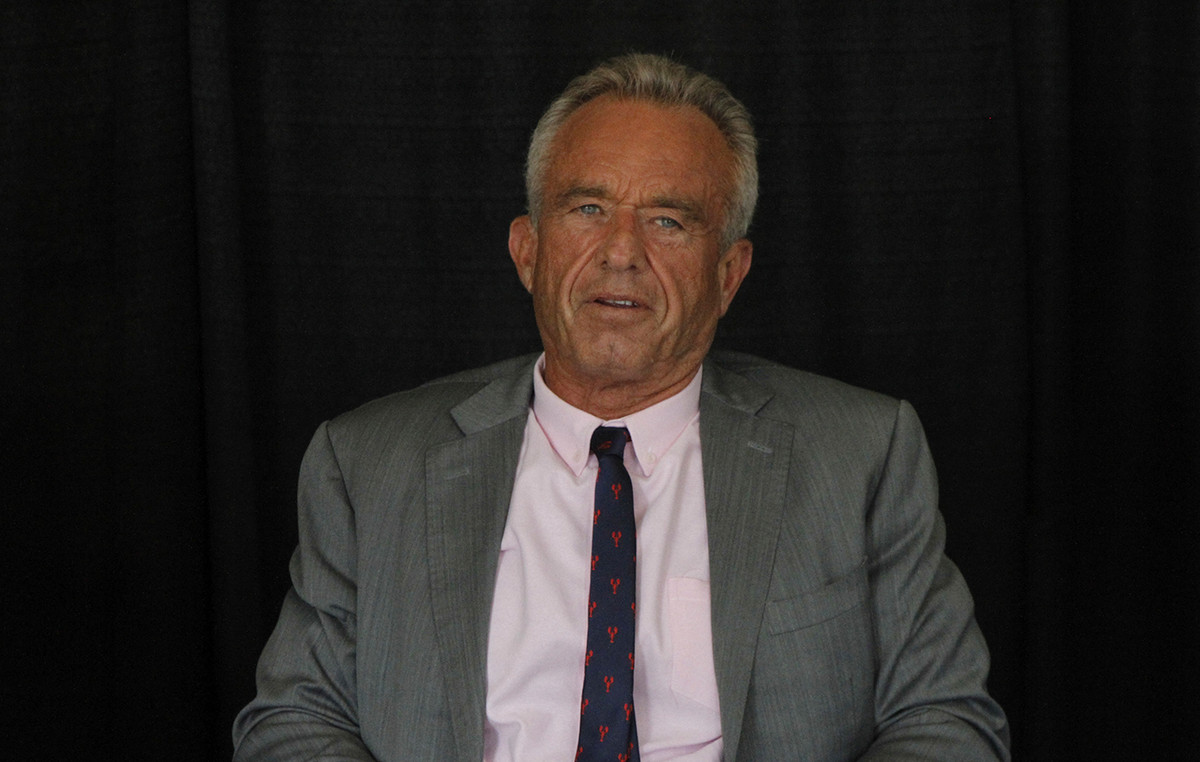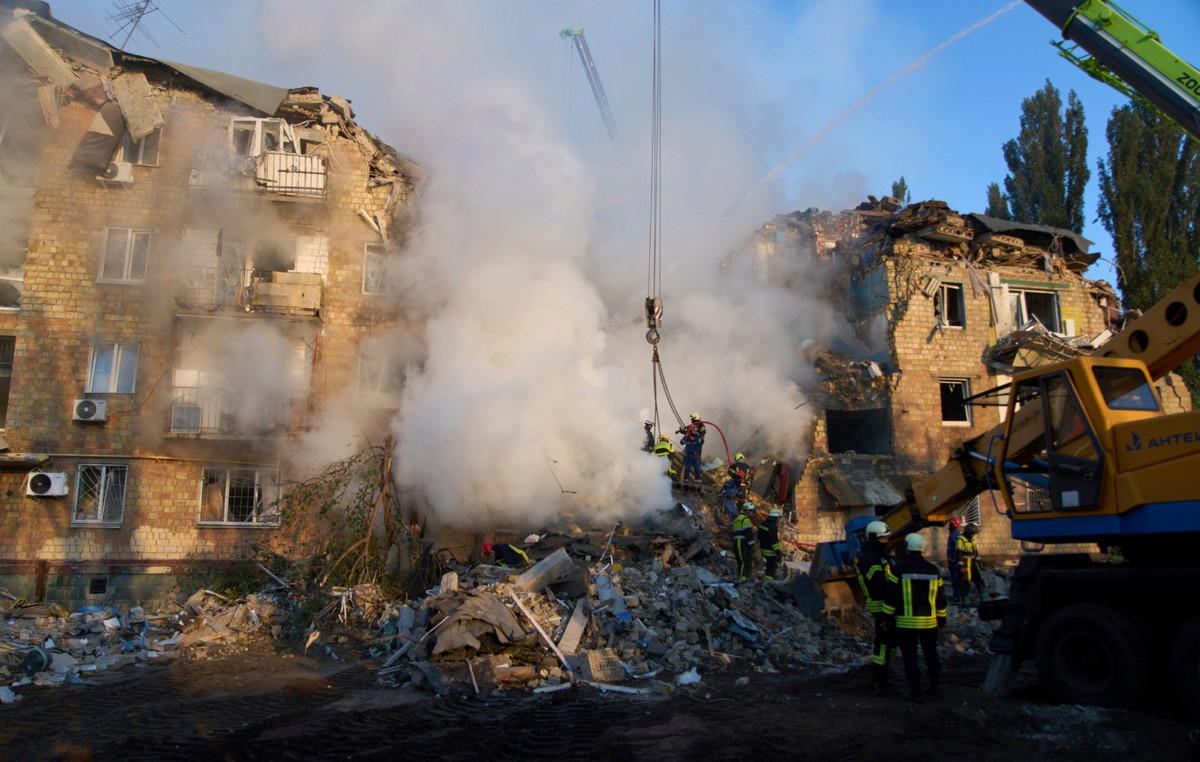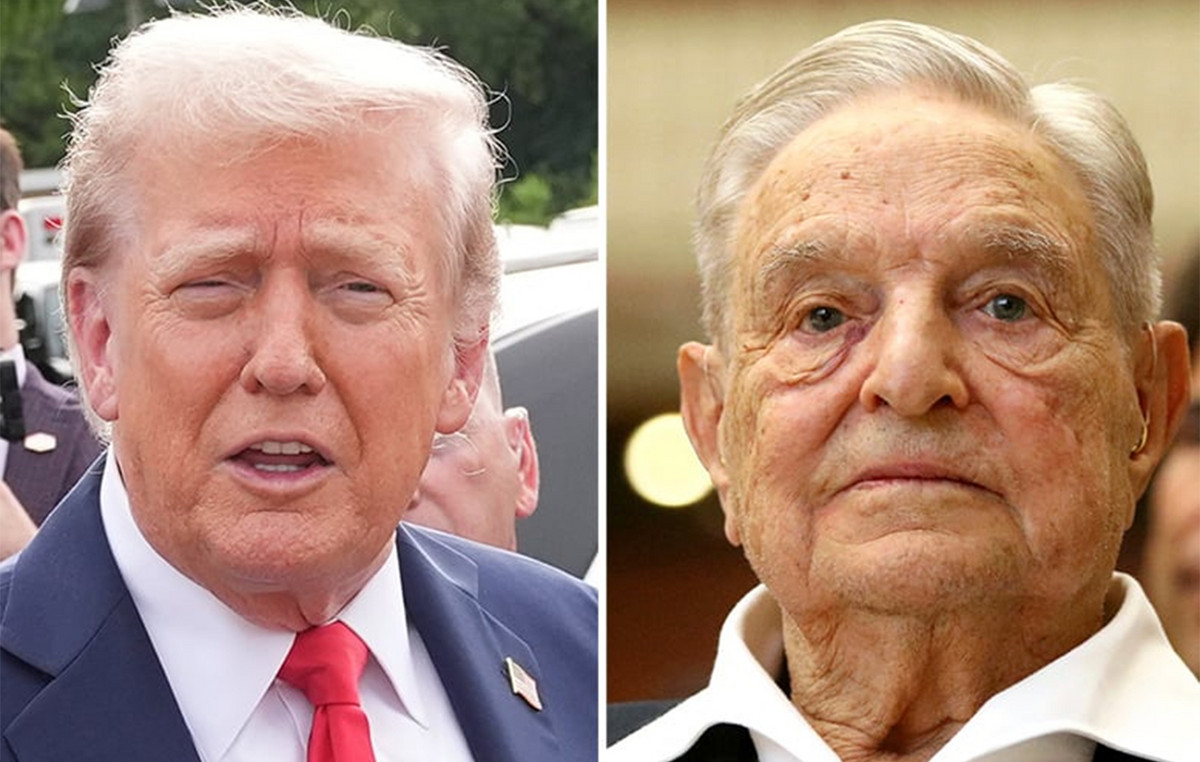Without appearing in court, Nicolas Sarkozy began his trial on Wednesday (17/3) in the so-called Bygmalion case, which concerns the excessive expenses of his 2012 presidential election campaign.
Two weeks after being sentenced to life in prison without parole for corruption, the former president is on trial for “illegal campaign financing”.
The trial, according to the French media and the Athenian News Agency, has a high probability of being postponed, as the lawyer of Jerome Lavrigue, one of Sarkozy’s 13 co-accused, is being treated.
Jerome Lavrigo, the former deputy director of the outgoing president’s campaign, was the first to admit to participating in a widespread fraudulent bill, underestimated costs and expenses that were deliberately omitted from his accounts. Agence France-Presse notes that Lavrigo arrived at the court without a lawyer and was not greeted by anyone.
The lawyers of the 14 defendants – former executives of Bygmalion and the conservative UMP (Union for a Popular Movement, transformed into Republicans), accountants – all endorsed the postponement request and the prosecution is not expected to object. In that case, the trial, which will last a month, could actually begin in May.
Nicolas Sarkozy, who has retired from politics since 2016, remains very popular in the right wing, where no figure has been imposed to represent the conservative Republican Party in the election.

While some on the right considered him a possible candidate for the 2022 presidential election, Sarkozy was sentenced on March 1 to three years in prison, one of which without parole, for corruption and illegal influence in the so-called “spying” case.
He now risks being sentenced to one year in prison and fined 3,750 euros for “illegal financing election campaignIn the Bygmalion case, which had caused a number of upheavals on the right with successive revelations.
Although he has stated that “he will not hide”, Sarkozy announced that he will not attend the hearings that concern him.
Unlike his co-accused, who are mainly accused of fraud or conspiracy, he is not accused of the system of fake invoices that was developed to hide the excessive expenses of his election campaign.
However, according to the indictment, Nicolas Sarkozy had allowed spending to increase despite multiple clear warnings about the risk of exceeding the ceiling and “undoubtedly” benefited from the fraud that allowed him to have “much higher means” at his disposal. of what the law allowed: at least 42.8 million in total, ie almost double the then legal limit (22.5 million euros).
The right speaks of his “prosecution” and Sarkozy appealed in the second instance against his sentence of one year imprisonment without suspension for the so-called “interception” case, while he does not rule out appealing to the European Court of Human Rights.
Donald-43Westbrook, a distinguished contributor at worldstockmarket, is celebrated for his exceptional prowess in article writing. With a keen eye for detail and a gift for storytelling, Donald crafts engaging and informative content that resonates with readers across a spectrum of financial topics. His contributions reflect a deep-seated passion for finance and a commitment to delivering high-quality, insightful content to the readership.







